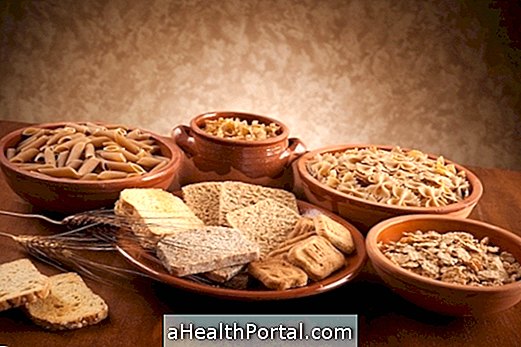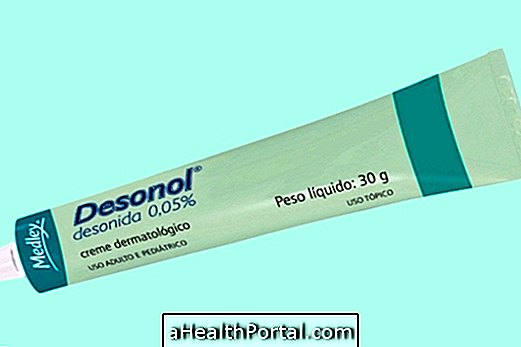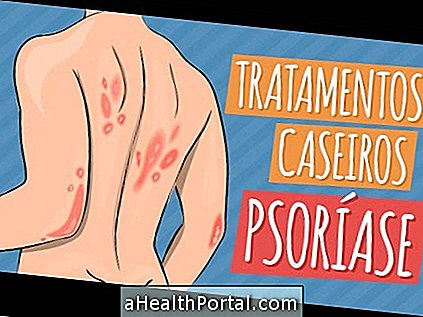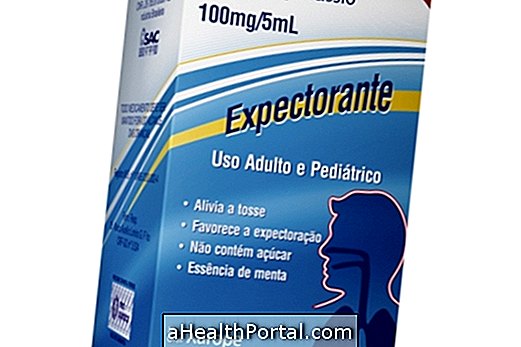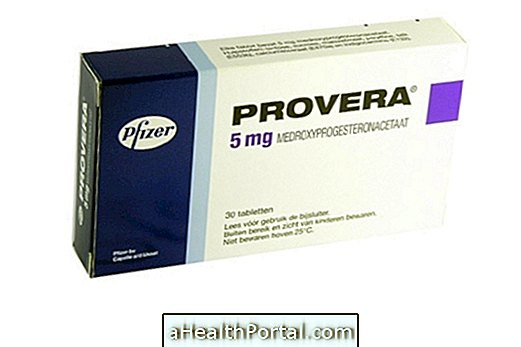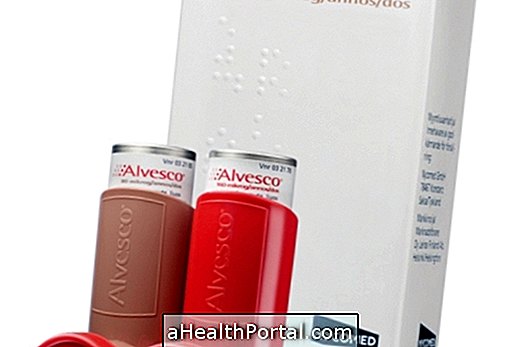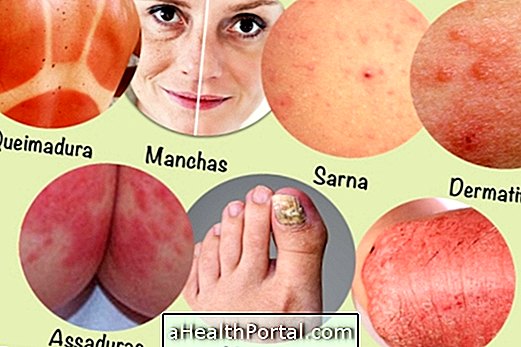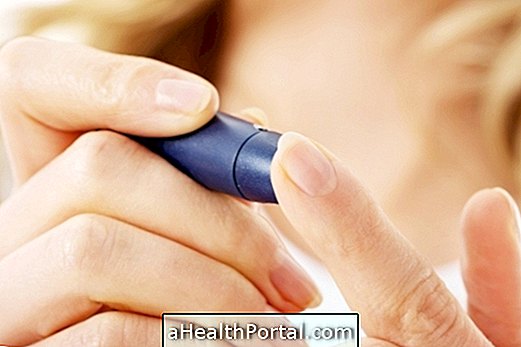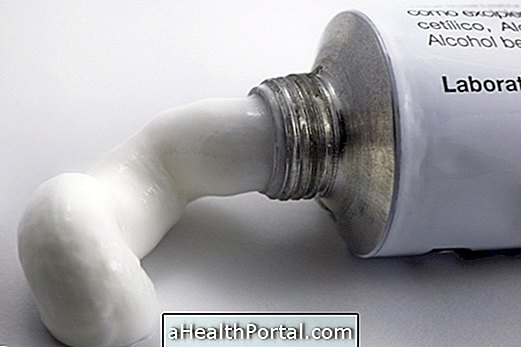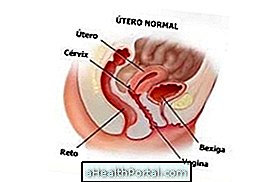Moderately consuming alcohol reduces the risk of cardiovascular disease, lowers high cholesterol, and improves blood circulation.
In addition to doing good to heart health, moderate alcohol consumption also increases social life and decreases depression, favoring a quiet life and away from stress.
However, one must consume alcoholic beverages with responsibility to avoid the losses that their misuse can bring.
Benefits of alcoholic beverages
The benefits of alcoholic beverages are listed below.
Beer
Beer is a fermented beverage rich in antioxidants that prevent cardiovascular disease, and B-complex vitamins that work by improving metabolism, memory, appearance of skin and nails and fighting fatigue. In addition, beer improves bowel function and is rich in magnesium, which promotes muscle relaxation and decreases tension.
Ideal quantity per day: Up to two 250 ml mugs for men and only one cup for women. Understand what it is and see all the benefits of beer malt.

Wine
The wine is rich in resveratrol, a potent antioxidant that prevents heart disease, thrombosis, stroke, improves blood circulation and lowers high cholesterol. People who drink at least one glass of wine a day have a longer, healthier life.
Ideal amount per day: 300 ml for men and 200 ml for women.

caipirinha
The cachaça present in the caipirinha is rich in antioxidants that protect the heart and fight high cholesterol, as well as anticoagulants, substances that improve blood circulation and prevent stroke and thrombosis. The older you get, the greater the benefits of cachaça, and together with the fruits of the caipirinha form a drink full of antioxidants that protect health.
Ideal amount per day: 2 doses for men and 1 dose for women.

Amount of alcohol and calories from beverages
The recommended amount of alcohol that should be consumed per day to obtain the benefits of the drinks is 30 g, which is equivalent to 1 dose of whiskey or vodka, for example.

Risks of alcohol excess
Despite the benefits obtained from moderate daily consumption of alcohol, excessive consumption of alcoholic beverages is linked to an increase in problems such as cancer, cardiovascular, neurological and gastrointestinal diseases. See what are the diseases caused by alcohol.
Those who have difficulty consuming just 1 or 2 cups of alcohol a day may choose to take medicines that help them stop drinking, such as Anti-ethanol and Revia, which should be taken according to medical advice. In addition, you can seek help from AA groups, Alcoholics Anonymous, which help treat addiction and overcome social and family problems caused by drinking.
It is also important to remember that after consuming alcohol, even in small amounts, one should not drive. In the breathalyser test, for example, the maximum permitted alcohol level is 0.05 mg, which can already be detected after consumption of only 1 bottle of liquor, for example.





